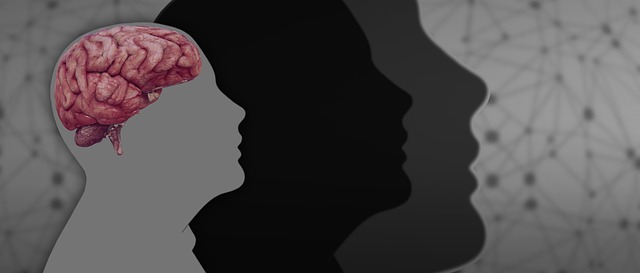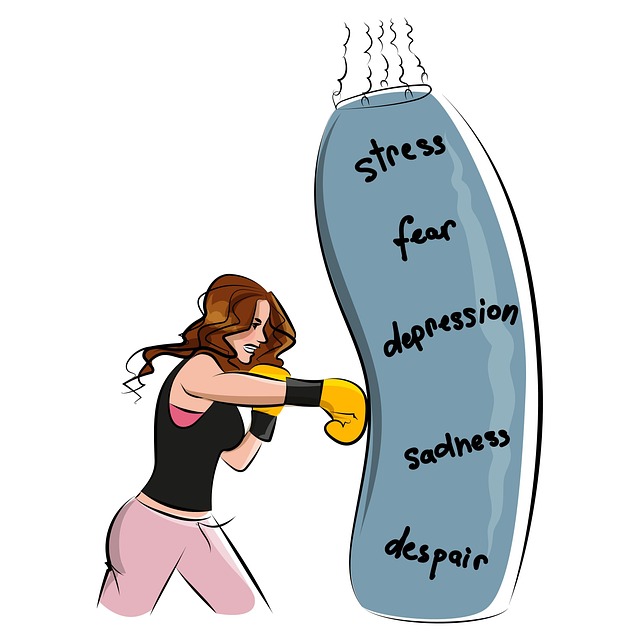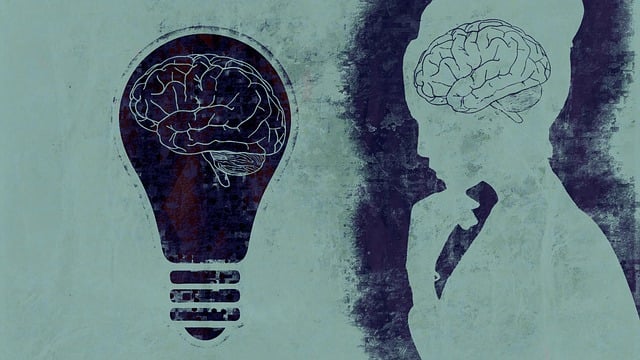Littleton Eating Disorders Therapy emphasizes the importance of coping skills in recovering from eating disorders, offering personalized treatment plans integrating individual therapy, group sessions, and family involvement. They teach healthy techniques like mindfulness, cognitive reframing, and relaxation to manage triggers, emotions, and cravings, fostering long-term recovery and emotional healing. Through self-care routines, mental health awareness initiatives, and safe communication strategies, they empower individuals to navigate their journey with support and validation, preventing burnout and promoting holistic well-being.
Coping skills development is a vital aspect of eating disorder recovery, offering individuals effective mechanisms to navigate stress and triggers. This article explores the significance of coping skills in healing and provides insights into their role at Littleton Eating Disorders Therapy. We’ll delve into actionable strategies for cultivating healthy coping mechanisms while highlighting the support resources available through Littleton’s specialized therapy services.
- Understanding Coping Skills and Their Role in Eating Disorder Recovery
- Strategies for Developing Effective Coping Mechanisms
- Resources and Support at Littleton Eating Disorders Therapy
Understanding Coping Skills and Their Role in Eating Disorder Recovery

Coping skills are essential strategies that individuals use to navigate and manage their emotional experiences, particularly during stressful or challenging times. For those struggling with eating disorders, developing effective coping mechanisms is a crucial aspect of their recovery journey. Eating disorder recovery often involves complex emotional healing processes, and learning to cope with triggers and underlying issues can significantly contribute to long-term success.
Littleton Eating Disorders Therapy focuses on equipping individuals with a range of coping skills to address the physical and psychological symptoms associated with eating disorders. These skills help in managing stress, regulating emotions, and fostering positive thinking. By integrating healthy coping strategies, such as mindfulness, cognitive reframing, and alternative relaxation techniques, therapy enables clients to navigate triggers and cravings more effectively. This, in turn, supports emotional healing and promotes a more balanced relationship with food and body image.
Strategies for Developing Effective Coping Mechanisms

Developing effective coping mechanisms is a vital part of cultivating mental wellness. At Littleton Eating Disorders Therapy, we emphasize the importance of tailored strategies to address individual needs. One powerful approach involves incorporating self-care routines into daily life. This can include activities such as mindfulness exercises, regular physical activity, and engaging in creative outlets. By dedicating time for self-reflection and nurturing oneself, individuals can enhance their emotional resilience and better manage stress.
In addition to self-care routine development, mental health awareness plays a crucial role. Encouraging open conversations about mental wellness through the production of a mental wellness podcast series can be an innovative way to connect with others and share valuable insights. These platforms provide opportunities for education, support, and community building, fostering environments where individuals feel empowered to seek help and develop healthier coping strategies.
Resources and Support at Littleton Eating Disorders Therapy

At Littleton Eating Disorders Therapy, we understand that developing coping skills is a crucial part of overcoming eating disorders. Our comprehensive approach integrates various therapeutic techniques and resources to support individuals in their journey to recovery. We offer personalized treatment plans that include individual therapy, group sessions, and family involvement, ensuring a holistic healing process.
Effective communication strategies are at the heart of our practice, fostering an environment where clients feel heard and validated. Through open dialogue, we address underlying issues, challenge distorted thinking patterns, and promote healthy coping mechanisms. Additionally, we prioritize burnout prevention by teaching stress management techniques and encouraging self-care practices. Our dedicated team also focuses on Mental Illness Stigma Reduction Efforts, creating a non-judgmental space for clients to explore their identities without fear of shame or discrimination.
Coping skills development is a vital component of eating disorder recovery, offering individuals effective mechanisms to navigate challenges. By understanding these skills and utilizing strategies from experts like those at Littleton Eating Disorders Therapy, individuals can foster resilience and maintain healthy relationships with food and their bodies. Accessing resources and support tailored to this specific need empowers those affected to overcome difficulties and embrace a journey towards holistic well-being.














